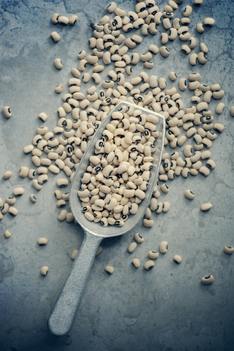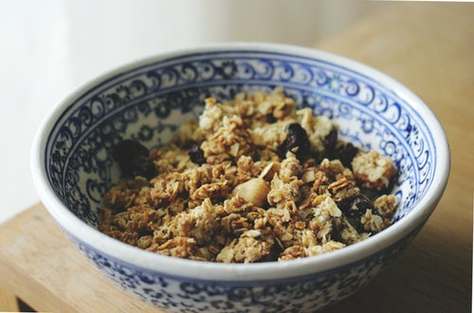|
The MIND diet stands for Mediterranean-DASH Intervention for Neurodegenerative Delay. The diet combines portions of the DASH diet (Dietary Approaches to Stop Hypertension) and the Mediterranean diet. It was developed by researchers at Rush University who created a nutrition plan to help lower the risk of Alzheimer’s disease. Both the DASH diet and the Mediterranean diet have been shown to improve cardiovascular health and cognition. However, the MIND diet may improve cardiovascular function and cognition, in addition to lowering the risk for Alzheimer’s disease. Studies suggest that those who adhered to the MIND Diet the most reduced their risk for Alzheimer’s by 53% compared with those who did not adhere closely to the diet. Even those participants who partially adhered to the MIND Diet were able to reduce the risk of Alzheimer’s by 35% compared with those who did not follow the diet.
 4. Nuts – at least five servings per week Nuts can help to lower blood pressure and LDL (bad) cholesterol. They may also help prevent memory loss and Alzheimer’s disease. Nuts are a great source of Vitamin E, which is linked to improved cognitive function. Walnuts, loaded with polyphenols and Omega-3 fatty acids, are known to improve memory and concentration. 5. Legumes – at least 4 servings per week Legumes, like lentils and beans, are comprised of low glycemic carbohydrates that supply your brain with fuel at a steady pace. Legumes also have a lot of fiber which can help lower blood pressure and cholesterol. 6. Whole grains – at least 3 servings per day Like legumes, whole grains contain a lot of fiber which can help lower blood pressure and cholesterol. Foods that promote cardiovascular health are also good for your brain. If the brain gets adequate oxygen-rich blood it will be better at thinking and memorizing.  7. Fish – at least 1 serving per week Oily fish such as trout, sardines, salmon and herring contain a significant amount of DHA, an Omega-3 fatty acid essential for brain function. Higher intakes of DHA may improve memory and cognitive ability and may also slow brain aging. Fish is particularly beneficial when it is baked or grilled instead of fried. 8. Poultry – at least 2 servings per week Choosing chicken and poultry over red meat is associated with a lower risk of Alzheimer’s disease. White meat, like meat from the breast, is preferred over darker meat. It is best to prepare poultry without the skin. 9. Olive oil – use as your primary cooking oil Olive oil is a great source of monounsaturated fat. Monounsaturated fat reduces inflammation and improves the functionality of blood vessels. The MIND diet suggests using olive oil as your primary cooking oil. 10. Wine – one serving per day One glass of wine, especially red wine, per day can preserve memory and reduce the risk of Alzheimer’s disease. Wine, when consumed in small amounts, can have anti-inflammatory effects in the brain. Higher amounts of alcohol can damage the brain so it is important to consume wine sparingly. The MIND diet suggests limiting the following foods: 1. Butter and Margarine – limit butter to less than 1 teaspoon per day & omit margarine altogether 2. Fried food – limit to 1 serving per week 3. Red meat – consume fewer than 4 – 3oz servings per week 4. Cheese – limit to 2 ounces per week 5. Pastries and sweets – consume less than 4 treats per week Granola with Nuts and Dried BerriesInstructions:
~Sara, Dietetic intern
0 Comments
Leave a Reply. |
SD BlogA place for our consultant Registered Dietitian Nutritionists (RDNs) to share nutrition science, yummy and healthy recipes, tips on seasonal ingredients, and other nutritional musings. Enjoy! Categories
All
Archives
May 2024
|





 RSS Feed
RSS Feed